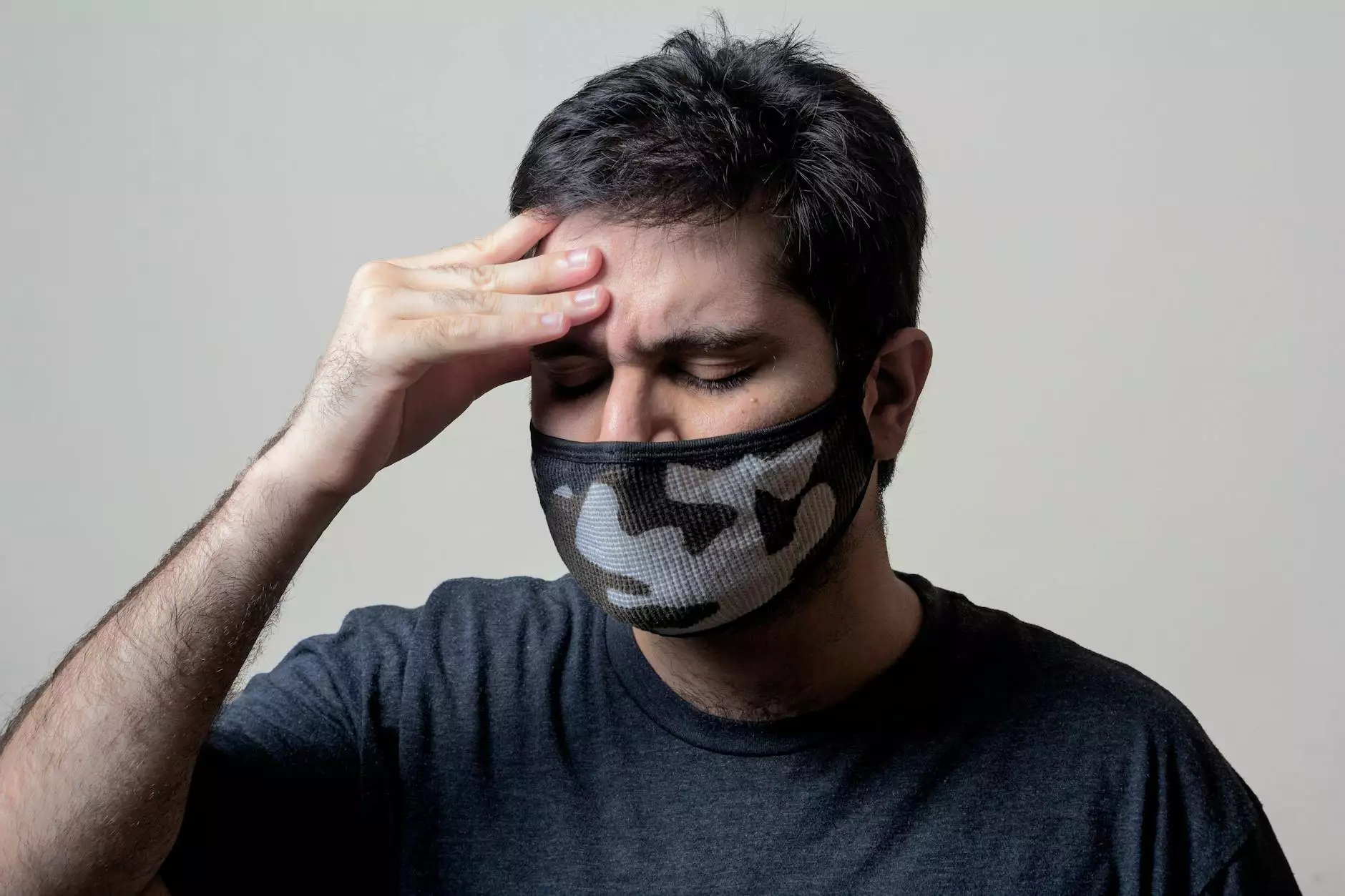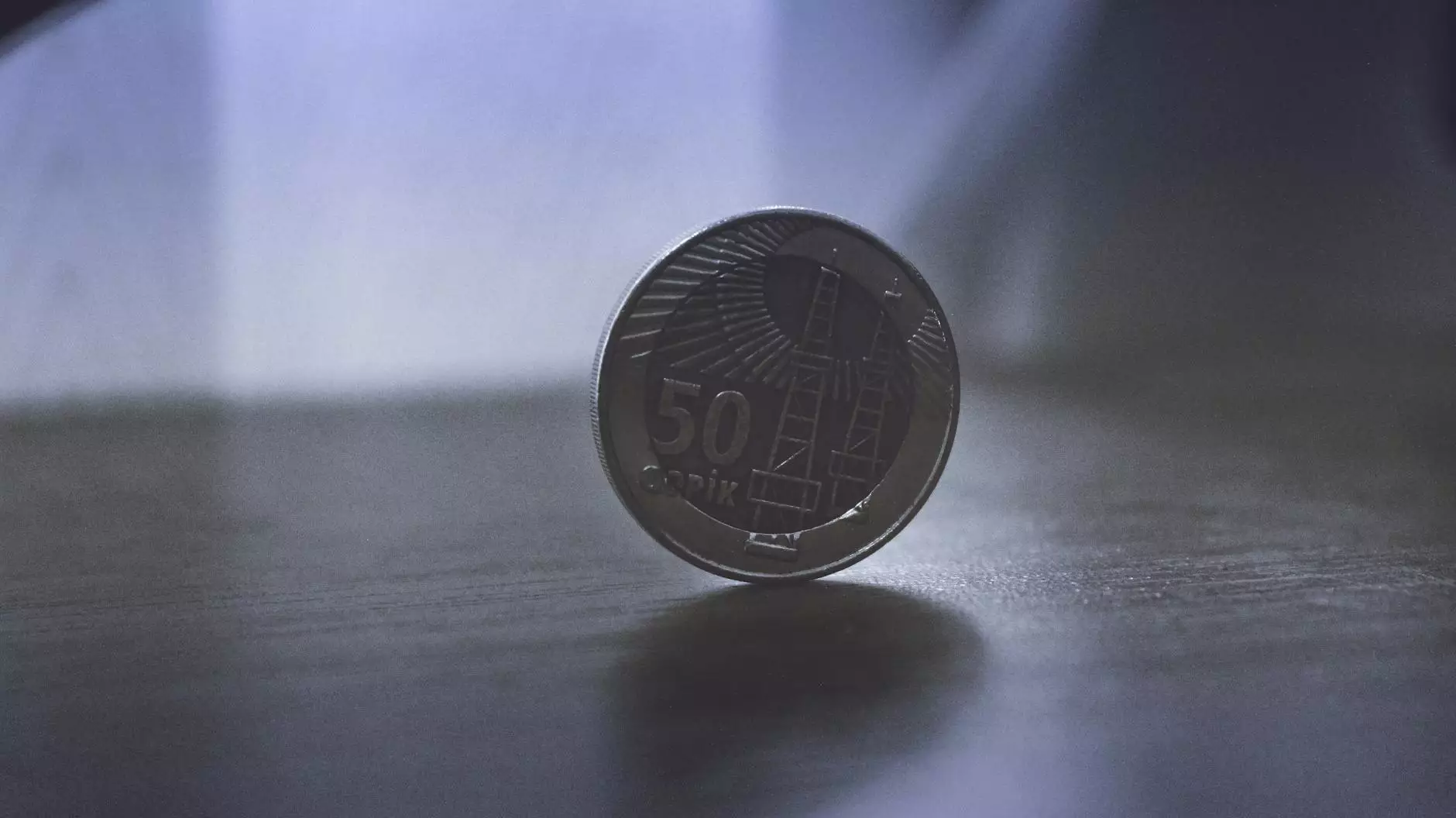Understanding Counterfeit Currency in the UK: A Comprehensive Guide

The rise of counterfeit currency in the UK has become a pressing issue in recent years. As technology advances, so do the methods used by counterfeiters to produce fake money. In this extensive article, we will delve deep into the nuances of counterfeit currency, its recognition, and the legal implications surrounding it. We aim to provide the most detailed and informative content to ensure you not only understand the risks involved but are also equipped to protect yourself and your business.
What is Counterfeit Currency?
Counterfeit currency refers to fake money that resembles legal tender but is not produced by the official minting authority. These replicas are created with the intent to deceive and are often used in illegal transactions. Counterfeit money can vary in quality and sophistication. In some cases, it may be almost undetectable while at other times it may be glaringly obvious.
The Legal Framework Surrounding Counterfeit Currency in the UK
In the UK, the production and distribution of counterfeit currency is a serious crime. Under the Forgery and Counterfeiting Act 1981, it is illegal to create, possess, or disseminate counterfeit banknotes. Offenders can face severe penalties, including hefty fines and lengthy prison sentences. Understanding the laws around counterfeit currency is crucial for businesses and individuals alike.
The Impact of Counterfeit Currency on Business
The implications of counterfeit currency in the UK extend beyond just legal ramifications. Businesses, especially small enterprises, can suffer significant financial losses from accepting fake money. Here are some key impacts:
- Financial Loss: Accepting counterfeit notes can lead to direct losses, as businesses must absorb the cost.
- Reputation Damage: If a business is known for accepting counterfeit money, it can harm its reputation, leading to a decline in customer trust.
- Legal Issues: Possessing counterfeit currency can also lead to legal trouble for business owners, especially if they unknowingly accept fake notes
Identifying Counterfeit Currency
Knowing how to identify counterfeit currency is essential in today's economy. Here are several effective methods and tools:
1. Visual Inspection
Examine banknotes carefully. Look for the following features:
- Watermarks: Genuine notes have watermarks that are visible when held up to the light.
- Security Threads: A thin vertical strip embedded in the note that is often visible on the surface.
- Color-Shifting Ink: On newer notes, the ink may change color when viewed from different angles.
2. Feel the Texture
Genuine banknotes are printed on a special kind of paper that is different from regular paper. They have a specific texture. Running your fingers over the note can help identify it.
3. Use of UV Light
Many counterfeit notes lack the security features that become visible under ultraviolet light. It’s advisable for businesses to invest in UV counterfeit detection equipment.
4. Technology in Counterfeit Detection
High-end businesses now opt for sophisticated counterfeit detection machines that use advanced technology to analyze the authenticity of notes.
Preventing Counterfeit Currency Fraud
Businesses can take several steps to protect themselves from counterfeit currency:
1. Employee Training
Training staff to recognize counterfeit currency is vital. Regular training sessions and updates on new counterfeit methods can help improve staff vigilance.
2. Investing in Detection Tools
Utilizing counterfeit detection systems is a proactive approach. These tools can quickly verify the authenticity of banknotes.
3. Customer Awareness Programs
Inform customers about the features of genuine banknotes. This can be especially helpful in retail settings.
Conclusion
In conclusion, understanding counterfeit currency in the UK is essential for both individuals and businesses. Being informed about the risks, legal implications, and methods of identification can greatly reduce the potential for loss due to counterfeit money. Whether you're a small business owner or just a consumer, recognizing the signs of counterfeit currency and knowing how to respond can make all the difference. By investing in both education and technology, you can protect yourself from the risks associated with fake money.
For those looking to further educate themselves on this topic, resources are available through local law enforcement agencies, financial institutions, and reputable websites focused on financial literacy.
Visit buycounterfeitmoneys.com for more information on fake money and how to safeguard your transactions against counterfeit currency in the UK.
counterfeit currency uk







